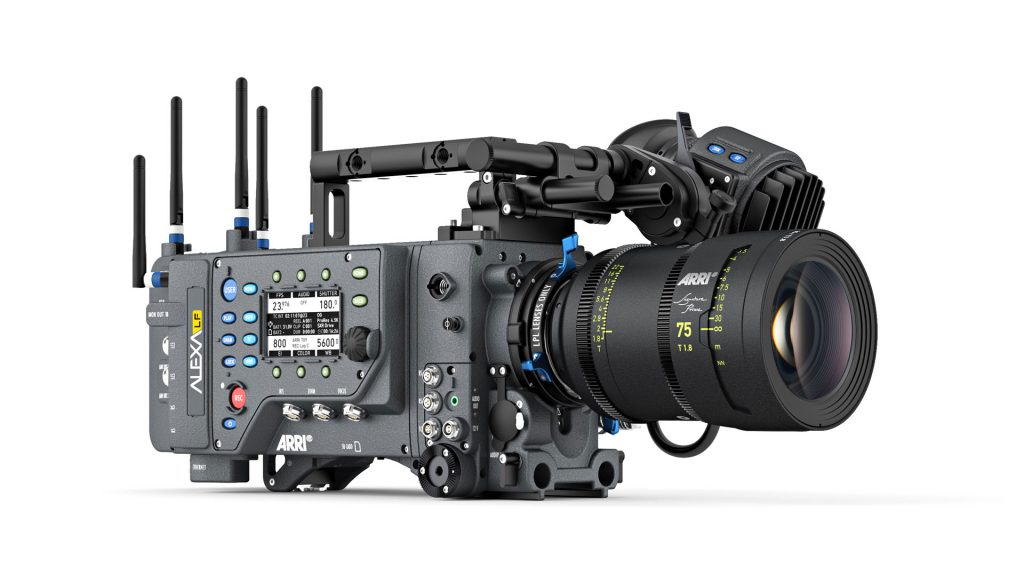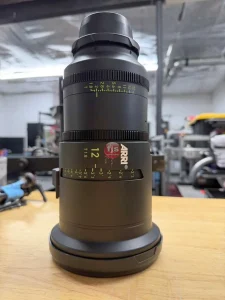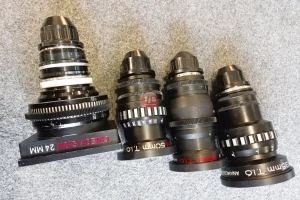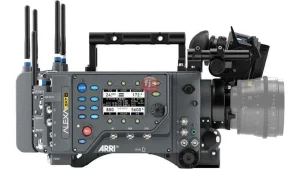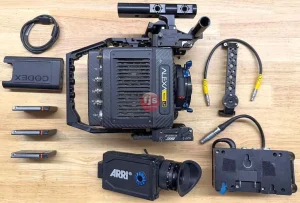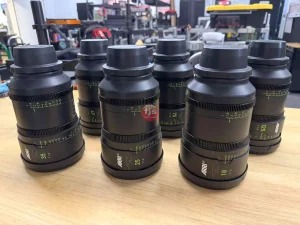A rehoused lens is a lens that has been removed from its original housing and placed into another type of housing. It is usually done when a lens needs to be repaired or replaced.
1: What Is A Rehoused Lens?
Lens rehousing is the process by which an aged lens from a still camera is brought back to life and refitted for use in contemporary cinematography. Once converted, these lenses can be utilized during filmmaking, providing compatibility with modern cine add-ons. In most instances, these reconfigured optics were initially used for still photography – a testament to their timeless aesthetic!
2: Why Do Lens Companies Rehome Lenses?
Typically, a rehoused lens is issued when the original optics within the lens have become unusable or no longer meet the standards of today’s filmmaking. As technology evolves, lenses are designed to function with more features and specifications than ever before. Oftentimes, older lenses will not be able to handle these demands and may need to be replaced.
3: How Does Rehousing Work?
When a lens is issued to a cinematographer, they are typically provided with an original housing and a reconfigured lens. The reconfigured optics are then inserted into the original housing and the new housing is given to the cinematographer. In some cases, the reconfigured optics may need to be modified in order to work with the original housing.
4: What Is Included In A Rehoused Lens Package?
In most instances, a rehoused lens package will include an original housing, a reconfigured lens, and any necessary modifications. It is important to remember that each situation is unique and there may be additional costs associated with rehousing lenses. Contact your camera manufacturer for more information on specific package contents.
5: What Are Some Of The Benefits Of Rehousing A Lens?
When a lens is issued, it is typically ready to use. However, over time, the original optics may become unusable or no longer meet the standards of today’s filmmaking. With a rehoused lens, the cinematographer can choose to use the reconfigured optics, which often provide compatibility with modern cine add-ons. Additionally, a rehoused lens typically comes with an original housing and any necessary modifications. This ensures that the cinematographer has everything they need in order to utilize the lens.
5: How To Find A Rehoused Lens For Your Camera?
Here in https://fjsinternational.com/ we are to help you on your needs of professional cinematography equipment.
6: How Much Does It Cost To Rehouse A Lens?
As with any purchase, there may be additional costs associated with rehousing a lens.
7: Should You Rehouse Your Lens If It’s Not Necessary?
There may be times when a lens does not need to be rehoused. Contact your camera manufacturer for more information on specific package contents. In most cases, however, it is advisable to consider rehousing a lens if the original optics have become unusable or no longer meet the standards of today’s filmmaking.
Conclusion
There are many benefits to rehousing your lens. If you think it might be beneficial for your camera, then it may be worth the cost.


